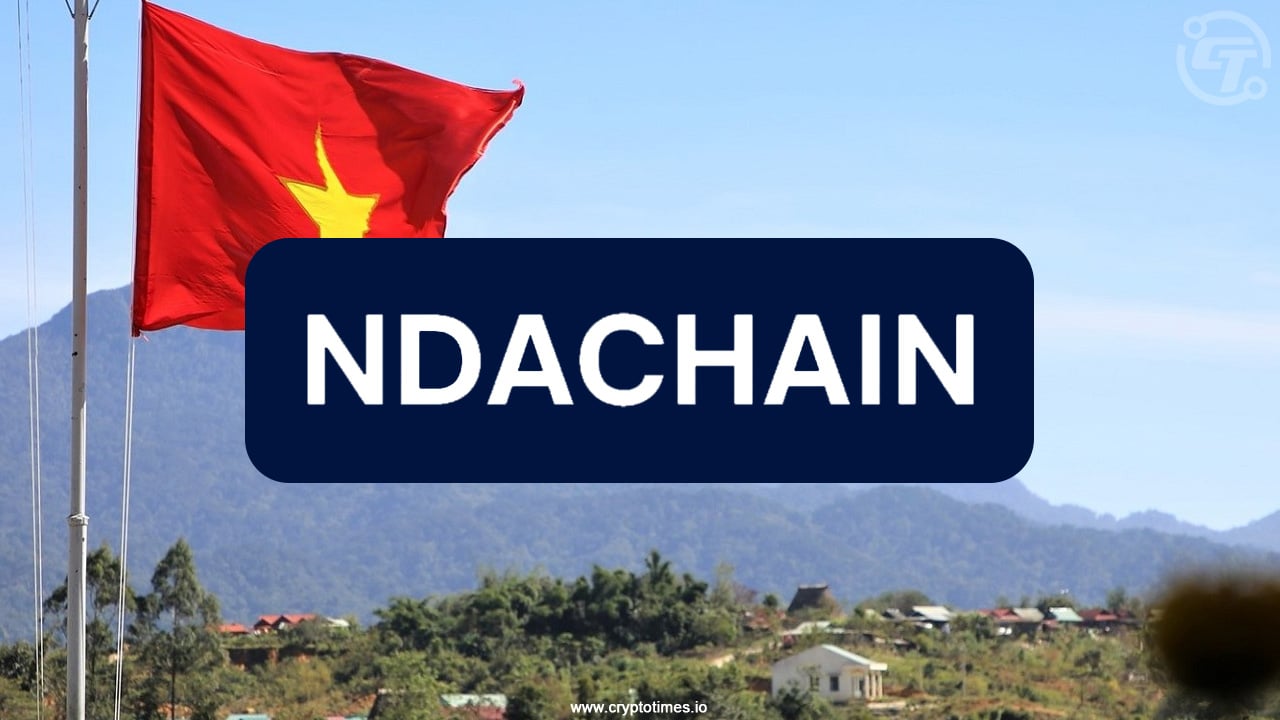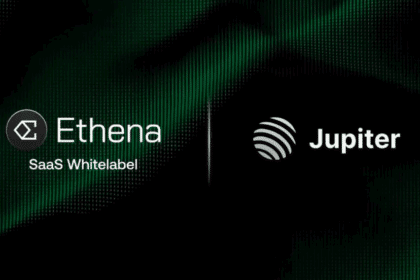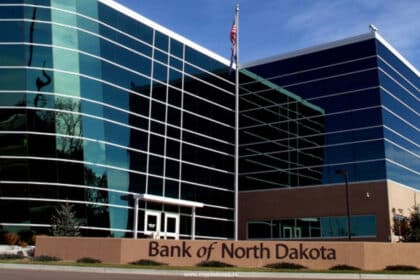Vietnam has taken a big leap in its digital transformation journey by launching NDAChain, the country’s official national blockchain platform, on July 25, 2025. This move is part of a broader plan to build a secure, transparent, and efficient digital infrastructure that can support everything from public services to global trade.
As Vietnam races to become a leader in Southeast Asia’s digital economy, NDAChain will play a key role in protecting national data, building digital trust, and creating smarter systems for finance, healthcare, education, logistics, and more.
As Mr. Nguyen Huy from the National Data Association said, “Vietnam has chosen a hybrid data architecture that blends centralized and decentralized components. NDAChain acts as a protective layer for the nation’s live data, critical to our digital society and economy.”
Why Does Vietnam Need a National Blockchain?
Vietnam’s digital economy is expanding extremely fast, with more than 100 million individuals producing massive volumes of data daily. But traditional centralized systems are easy targets for cyberattacks, data leaks, and make it hard to share information smoothly between platforms.
Blockchain provides a solution by developing a secure, transparent, and tamper-proof method of storing and validating data.
How NDAChain Works
NDAChain is a permissioned Layer 1 blockchain that only allows approved users to authenticate data. The network is powered by 49 validator nodes run by businesses, including Zalo, MISA, Masan, SunGroup, and state governments.
NDAChain uses a Proof-of-Authority (PoA) system, which is faster and less energy-intensive than previous protocols such as Proof-of-Work. It further incorporates Zero-Knowledge Proofs (ZKP) for the privacy of users while continuing to verify that the data exists. With the capability of supporting up to 3,600 transactions per second, NDAChain is designed for high-volume usage in leading sectors.
Real-World Uses
One of the most significant use cases built on NDAChain is NDA DID, a digital identity solution through which citizens can securely confirm identities while undertaking online transactions or digital contract signing. It thwarts impersonation, fraud, and scams in private and public services.
Another major feature is NDATrace, a product traceability system that assigns a unique code to each item. This helps confirm whether a product is genuine and meets quality standards. NDATrace is compatible with EU regulations, making it easier for Vietnamese goods to enter global markets.
From Vietnam to the World
Vietnam is the latest to join more than 50 nations, such as BSN (China), EBSI (EU), and Klaytn (South Korea), in developing their own national blockchain platforms to enable digital governance and innovation.
NDAChain stands out for its strong public-private partnerships, adherence to global standards such as GDPR and W3C DID. It has close integration with Vietnam’s National Data Center, which ensures a secure, nationwide data infrastructure.
By the end of 2025, it will be fully integrated into the national system and expand to local governments and universities in 2026. The second phase will be training talent, international collaboration, and developing useful tools such as digital wallets and e-signatures.
Despite its strong foundation, NDAChain faces several hurdles. These include technical integration with existing systems, gaining public trust, ensuring international compatibility, and managing risks linked to volatile digital asset markets.
Also Read: Vietnam Passes Law to Legalize Bitcoin and Crypto Assets











